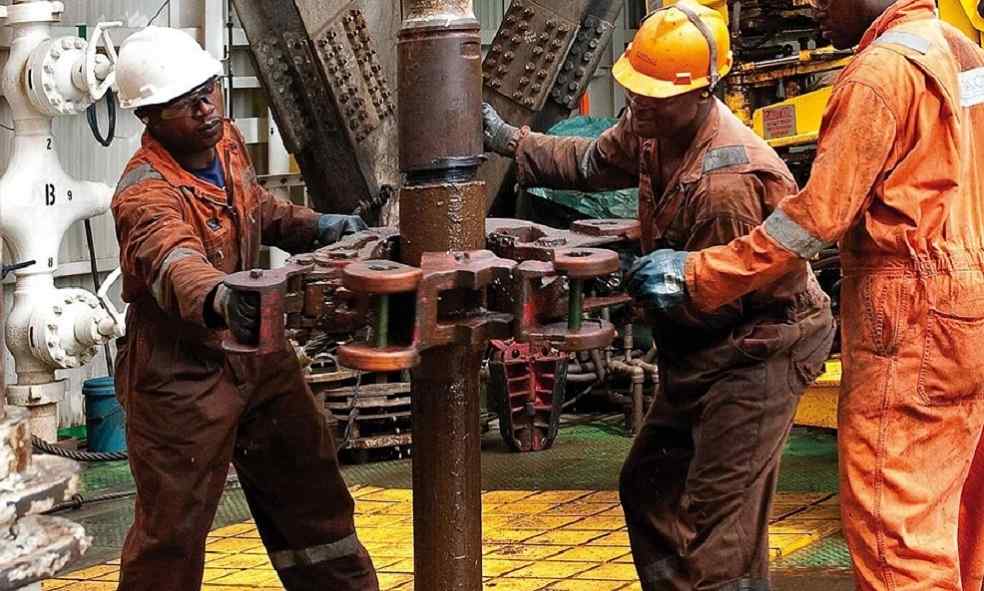The European Union has enacted stringent regulations aimed at purging forced labor from its supply chains, setting a 2027 deadline for the total ban on goods produced under such conditions. This comprehensive measure received robust support within the European Parliament, enabling both member state authorities and the European Commission to conduct investigations into supply chains upon credible suspicion of forced labor practices.
Addressing concerns regarding forced labor, these investigations will rely on factual and verifiable information sourced from international organizations, cooperating authorities, and whistleblowers. The scope of this regulation also encompasses online sales, establishing protocols to intercept shipments at EU borders to prevent the circulation of goods linked to exploitative labor practices.
The criteria for determining instances of forced labor include various risk factors, such as the prevalence of state-imposed forced labor within specific economic sectors and geographic regions. Should a company be found utilizing forced labor, the implicated products will be withdrawn from the EU market. Options for companies include donating, recycling, or destroying the banned goods, with potential fines for non-compliance.

Nevertheless, the regulation also outlines a path to rehabilitation. Goods previously banned may re-enter the market if a company demonstrates the eradication of forced labor from its supply chains. Samira Rafaela, Rapporteur for the International Trade Committee, described that, “We have adopted a ground-breaking piece of legislation to combat forced labour worldwide. This regulation fosters EU and international cooperation, shifts power from exploiters to consumers and employees, and offers possibilities for remedies for victims. It also transforms trade policies into a greener and fairer future.”
Maria-Manuel Leitão-Marques, Rapporteur for the Internal Market, emphasized the global dimension of the issue, noting that around 28 million individuals globally are trapped in forced labor. She underscored the necessity for EU imports to reflect European values: “Europe cannot export its values while importing products made with forced labour. The fact that the EU finally has a law to ban these products is one of the biggest achievements of this mandate and a victory for progressive forces.”

The regulation was approved with a substantial majority of 555 votes for, six against, and 45 abstentions. It now proceeds to the EU Council for final formal endorsement before its publication in the Official Journal. Upon publication, EU member states will have a three-year period to enforce the regulation, signifying a resolute commitment to maintain ethical standards within the EU single market and to foster responsible global trade practices.
Despite widespread approval, some experts in the apparel industry lamented that the legislation was ratified absent the Corporate Sustainability Due Diligence Directive (CSDDD), deeming it a ‘missed opportunity’ to enhance the battle against forced labor.
ENERGY INDUSTRY | UAE and Oman Sign $35B in Deals to Enhance Trade, Energy, Tech Cooperation



